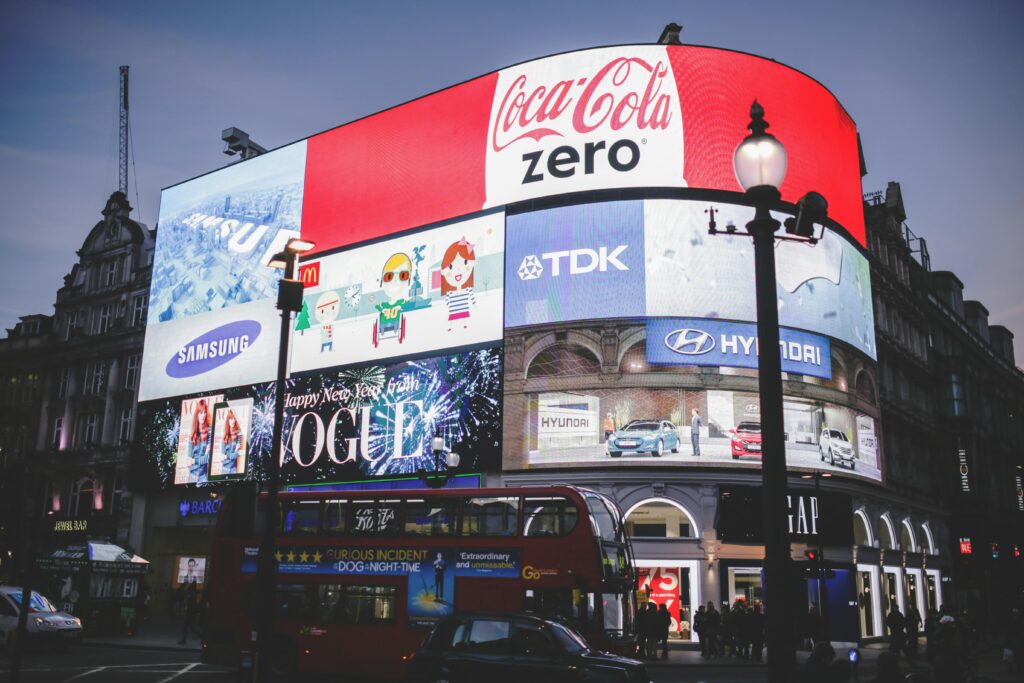
Photo by Negative Space
By Shweta Narayan
It would be unthinkable for a respiratory society to partner with advertisers defending Big Tobacco. But this is exactly the contradiction that still exists when health organisations use agencies that greenwash fossil fuels. The health sector’s credibility depends on consistency: if we warn the public about the dangers of air pollution and climate change, we cannot at the same time fund the very firms that help fossil polluters muddy the waters.
In just a few short months, GCHA’s Break the Fossil Influence (BFI) campaign has more than doubled its signatories from 30 to over 75 organizations across the world. Together, the signatory organizations represent the voices of over 12 million doctors, nurses, and public health professionals across every region of the world from frontline clinics to global medical associations. This surge marks a pivotal shift in the health sector’s willingness to confront the influence of the fossil fuel industry, especially in spaces that shape public perception: advertising and communications.
At the heart of the campaign is a simple but powerful demand: that health organizations and institutions sever ties with public relations and media agencies that work to greenwash the fossil fuel industry. Modeled after successful movements like Quit Big Tobacco, BFI is pushing the health sector to align its values with its messaging—by refusing to be represented or promoted by firms helping to delay climate action and downplay the health harms of fossil fuels.
The list of endorsers has grown more diverse and influential, including medical societies, global health coalitions, health professional associations and frontline health advocates. As Dr. Jemilah Mahmood and Dr. Edward Maibach put it in their op-ed for Health Policy Watch, “A health organisation that contracts a PR firm that actively helps fossil polluters is undermining its own mission. It sends a dangerous message to the public: that it’s acceptable to fight disease with one hand while enabling its cause with the other. It’s time for the health sector to show leadership.”
Their words reflect a growing recognition that fossil fuel companies, like tobacco and alcohol giants before them, strategically co-opt the tools of PR to deflect accountability and manipulate public opinion. That recognition is prompting health actors to re-evaluate not just what they say, but who helps them say it.
So, what’s next for the campaign?
On September 17, the GCHA in collaboration with Creatives for Climate, Clean Creatives and InfluenceMap will host a public webinar, “Brands, Health & Fossil Fuels: Why PR Partnerships Matter”, bringing together experts from health, advertising, and advocacy to unpack the links between marketing, public health, and the climate crisis. The webinar will spotlight new research on fossil fuel PR, showcase lessons from previous campaigns against corporate influence, and offer practical steps for health groups ready to take a stand.
As momentum builds, GCHA will continue to invest in capacity building across the health community, equipping organizations with practical tools like the updated “F-List” by Clean Creatives, a searchable database that tracks PR and ad firms working with fossil fuel companies. These resources are designed to help health groups make informed, values-aligned decisions about their communications partnerships.
The message is clear: fossil fuel companies don’t belong in health care’s boardrooms, hospitals or branding strategies. And more and more health leaders are taking that seriously.
“We have long fought for clean air, safe water, and protection against harmful industries. It’s time to bring that same moral clarity to the climate crisis. Refusing to work with fossil-fuel-enabling ad agencies is not a symbolic act. It’s a tangible commitment to health and truth. It strips polluters of the social licence they depend on. It tells our communities and policymakers: we are not neutral. We stand for life, not lies.” say Mahmood and Maibach.
The health sector is starting to listen and act.
If you have not yet signed the commitment then please add your name here.

